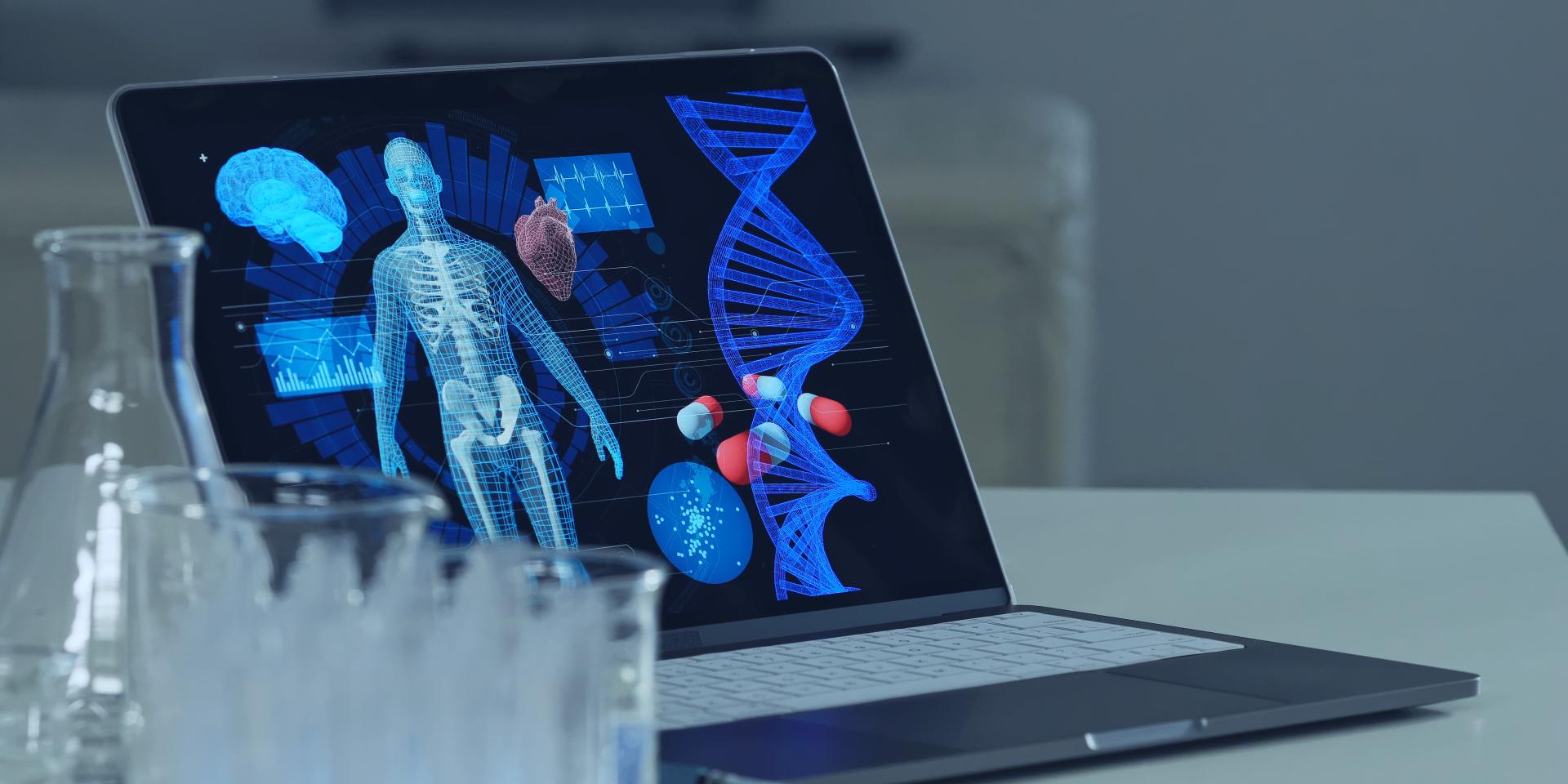Training
This degree combines comprehensive training in engineering, management, innovation and health sciences with a human approach focusing on healthcare. 50% of the degree credits correspond to computer and telecommunications engineering subjects, 23% to health sciences and 7% to management and innovation.


